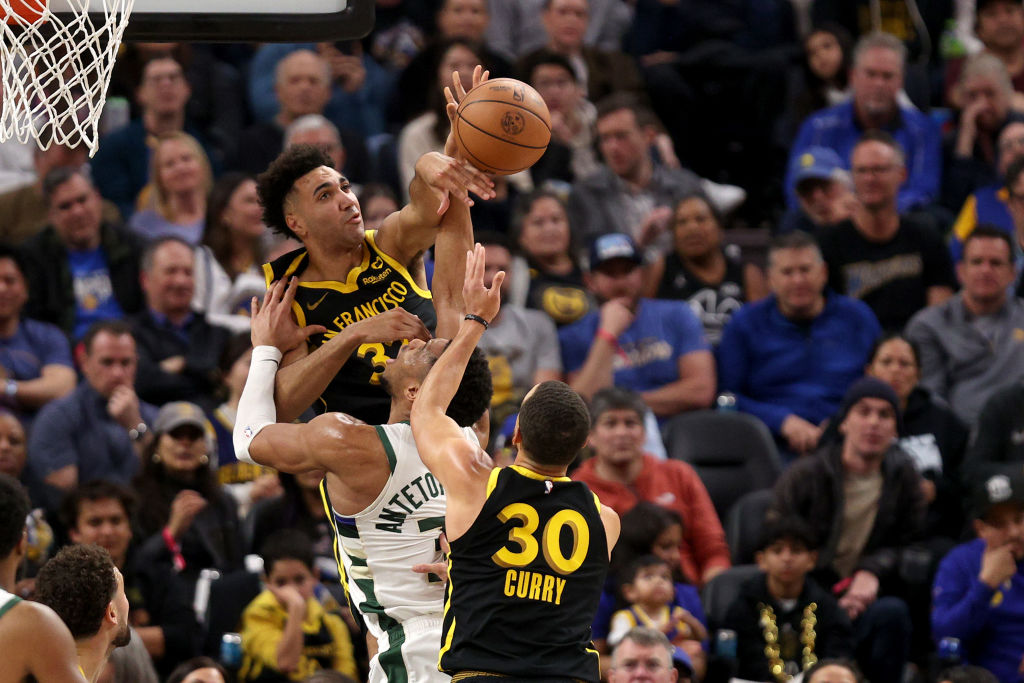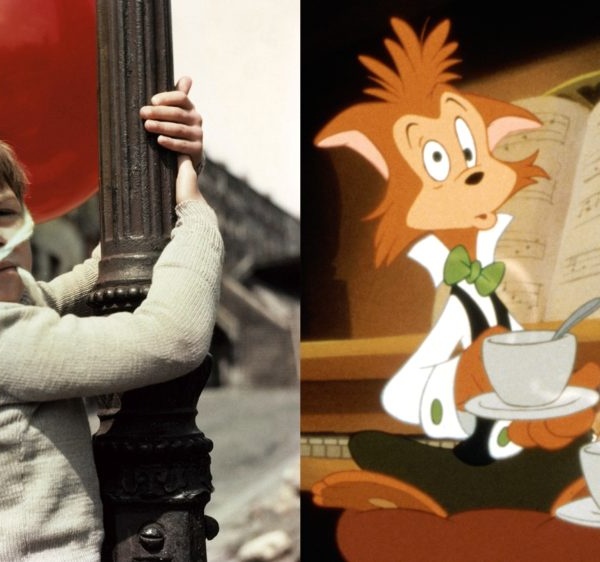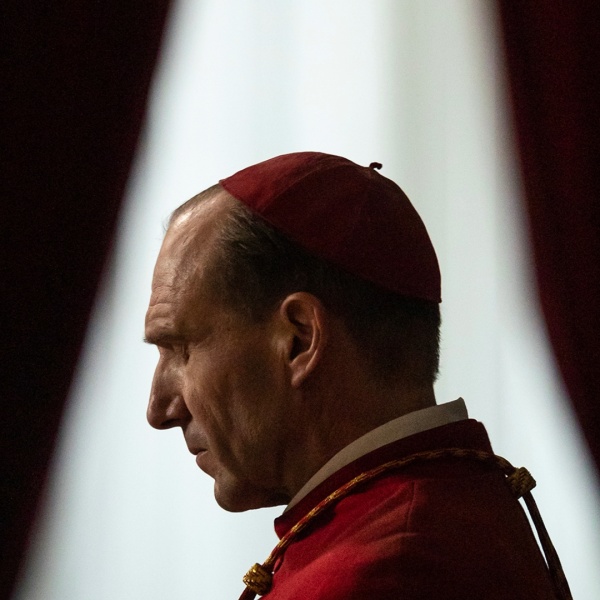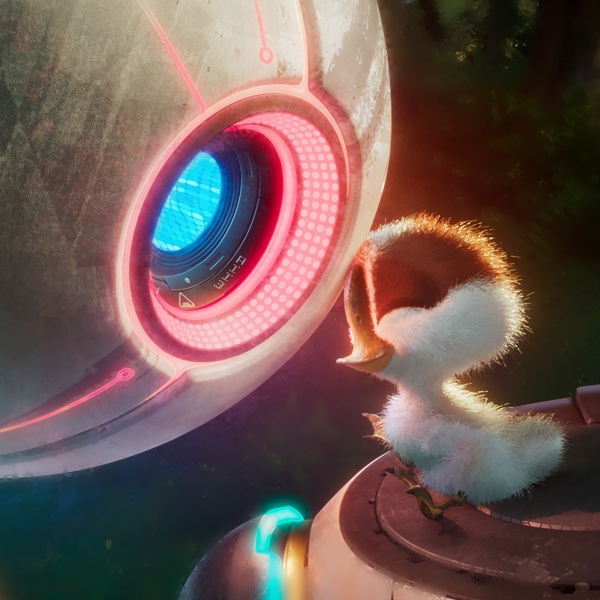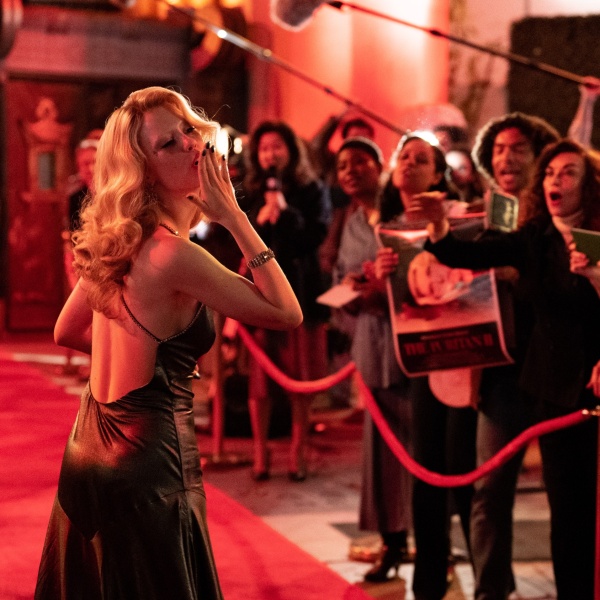Rejected.
Warner Bros Discovery, whose TNT has been the home to NBA games and the best studio show in sports for decades, suddenly finds itself out of the pro-basketball business. The NBA has finalized a huge and long-term media deal that returned roundball (and “Roundball Rock”) to NBC (and now Peacock), introduces it to Amazon Prime Video, and remains on Disney/ABC/ESPN.
It’s a foul that the Warner Bros. Discovery corporation is taking quite personally.
“We have matched the Amazon offer, as we have a contractual right to do, and do not believe the NBA can reject it,” a Wednesday statement by WBD reads. “In doing so, they are rejecting the many fans who continue to show their unwavering support for our best-in-class coverage, delivered through the full combined reach of WBD’s video-first distribution platforms — including TNT, home to our four-decade partnership with the league, and Max, our leading streaming service.”
The statement continues to accuse the NBA of having “grossly misinterpreted our contractual rights” and threatens legal action.
A spokesperson for the NBA did not respond to IndieWire’s request for comment on this story. Warner Bros. Discovery did not comment further.
The audience for the NBA is big, and as eMarketer senior analyst Ross Benes tells IndieWire, it’s “loyal” too. The loss of what Benes calls WBD’s “biggest programming asset” will directly result in significantly lower retransmission fees — what cable providers pay channel owners to distribute their content.
Cable television was already facing a major challenge from streaming, which has long leap-frogged it as the preferred method of content consumption. Live sports was pretty much the last advantage linear television had over streaming. They are the reason Discovery’s cable channels still make money — maybe not for long.
For all the fear over what TNT will become without the NBA, the real victim here is Max.
Linear TV runs David Zaslav’s cash-flow empire — but without basketball, his TV ratings are about to go way down. And that will directly result in less advertising revenue. Guess what funds Max?
Tim Nollen, the senior tech analyst at Macquarie, called the NBA “important” to “the future success” of Max in a note to his clients, and obtained by IndieWire. And that’s what “worries us the most over time,” the Macquarie memo continued.
It’s not just a matter of TNT funding Max. Max also carries a recently launched add-on you might not know about: B/R Sports. B/R Sports, named for the Bleacher Report brand, carries WBD’s NBA, MLB, and NHL programming, and it runs an extra $9.99 per month on top of the $9.99-$20.99 you’re already paying for Max.
Because of the B/R Sports add on, even with the NBA, LightShed Partners analyst Rich Greenfield argues that there is “no actual reason” for cable companies “to even carry the Turner nets going forward.”
As such, a loss of the NBA “obviously impacts the overall value proposition of Max,” he wrote in a blog post.
Lord know what this does to Venu, the sports streaming service set to launch this fall from Disney, Fox, and Warner Bros. Discovery.

In his own note to clients (also obtained by IndieWire), Barton Crocket, an internet media analyst at Rosenblatt, called the process that led to Warner Bros. Discovery’s loss of the NBA “a train wreck in slow motion.”
In other words, this is bad — bad enough for Zaslav to find himself on the hot seat. Benes told IndieWire that he believes “calls for a change in leadership will grow louder.”
A reversal of fortune, through litigation or otherwise, would help. But Crockett says it is “hard to feel confident” about WBD’s legal standing. And Nollen says that even if Warner Bros. Discovery did win in litigation, it’s “hard to see an amicable endgame” here.
Nollen has downgraded WBD’s stock from “Outperform” to a “Neutral” rating, solely based on TNT’s loss of the NBA. His new price target is $9 per share, down from $13. Today, shares are under $7 apiece, all-time-low levels and down nearly 70 percent from the merger’s initial value in 2022.
There is one “silver lining,” as Crockett found. Remember that wacky idea about Warner Bros. Discovery spinning off its direct-to-consumer business and studio from the linear TV side? Well, this bombshell “might make WBD more open to a breakup,” Crockett wrote, which “could boost value.”
One more silver lining, this one from us: Look at it this way Zas, without spending $1.8 billion per year (Amazon’s reported share of the $76 billion-over-11-years pie) on the NBA, you could get your $39.88 billion debt load down to a totally manageable $20 billion by 2036.
